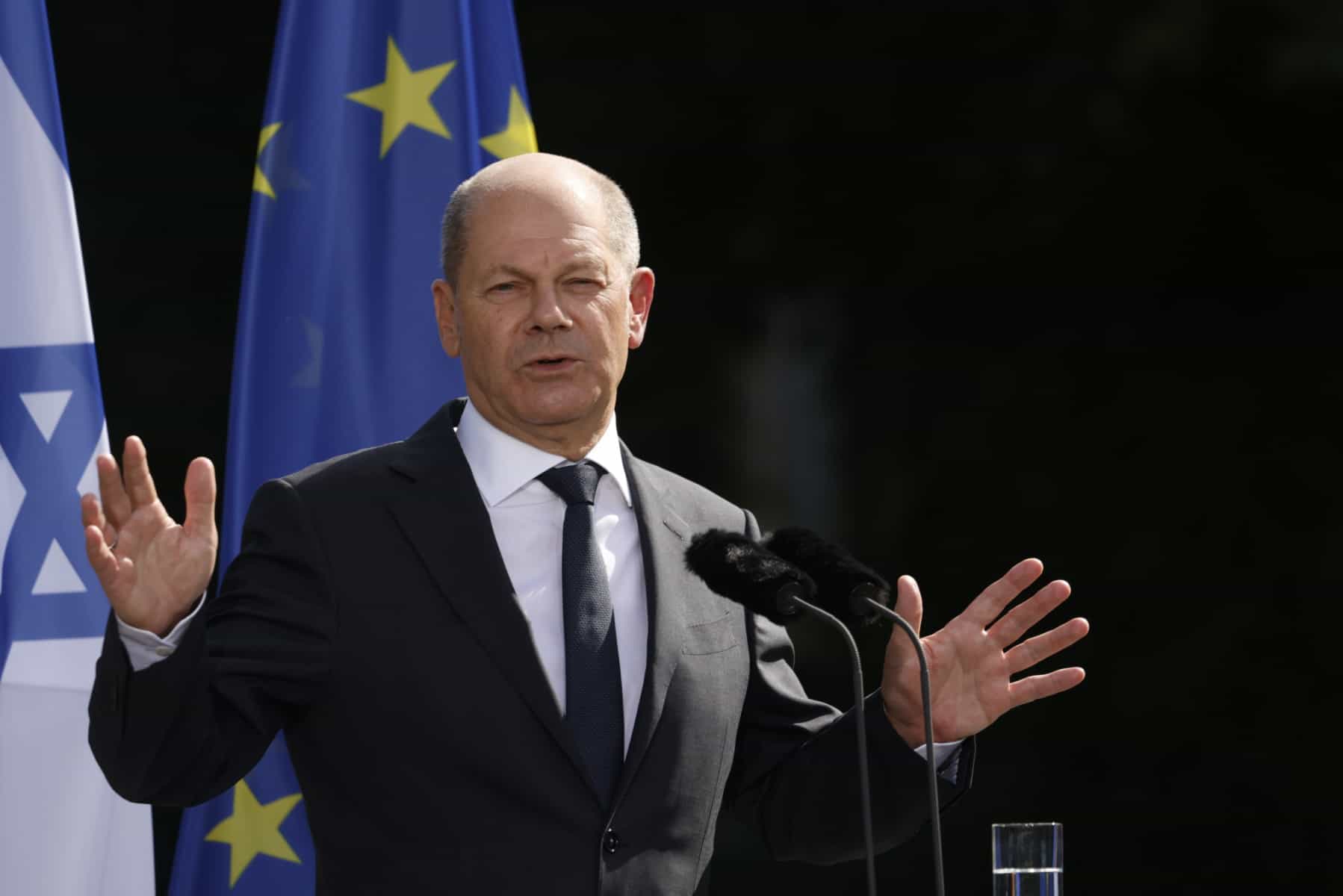BERLIN, GERMANY – German Chancellor Olaf Scholz on Tuesday criticized US climate protection plans that would shield domestic companies from foreign competition, saying they could trigger “a huge tariff war”.
Unease has been growing abroad about US President Joe Biden’s landmark “Inflation Reduction Act”, which will see vast spending on green energy initiatives and includes tax breaks for US-made electric cars and batteries.
“We will discuss the Inflation Reduction Act with our American friends in more depth,” Scholz said at a gathering of the German engineering association VDMA in Berlin.
“It can’t be that politicians in their countries say: ‘We are now doing climate protection, dear industry, have you heard that we are protecting you from the competition of others?’,” he said.
“We would end up with a huge tariff war,” Scholz warned, calling for closer international cooperation on climate protection measures and trade.
Scholz, whose country is home to car giants Volkswagen, BMW and Mercedes, did not go into detail about which aspects of Biden’s plans he opposed.
But European Union officials have in recent weeks spoken out against planned US tax credits for the domestic electric vehicle market, which they say would put e-cars made elsewhere at an unfair disadvantage.
EU Trade Commissioner Valdis Dombrovskis told Bloomberg last month that the bloc was worried “about a number of discriminatory elements” in the Inflation Reduction Act.
Dombrovskis said the EU was assessing whether the legislation violated World Trade Organization rules.
South Korea has also voiced its displeasure, calling the new rules favoring American e-cars a “betrayal”, Bloomberg reported.








